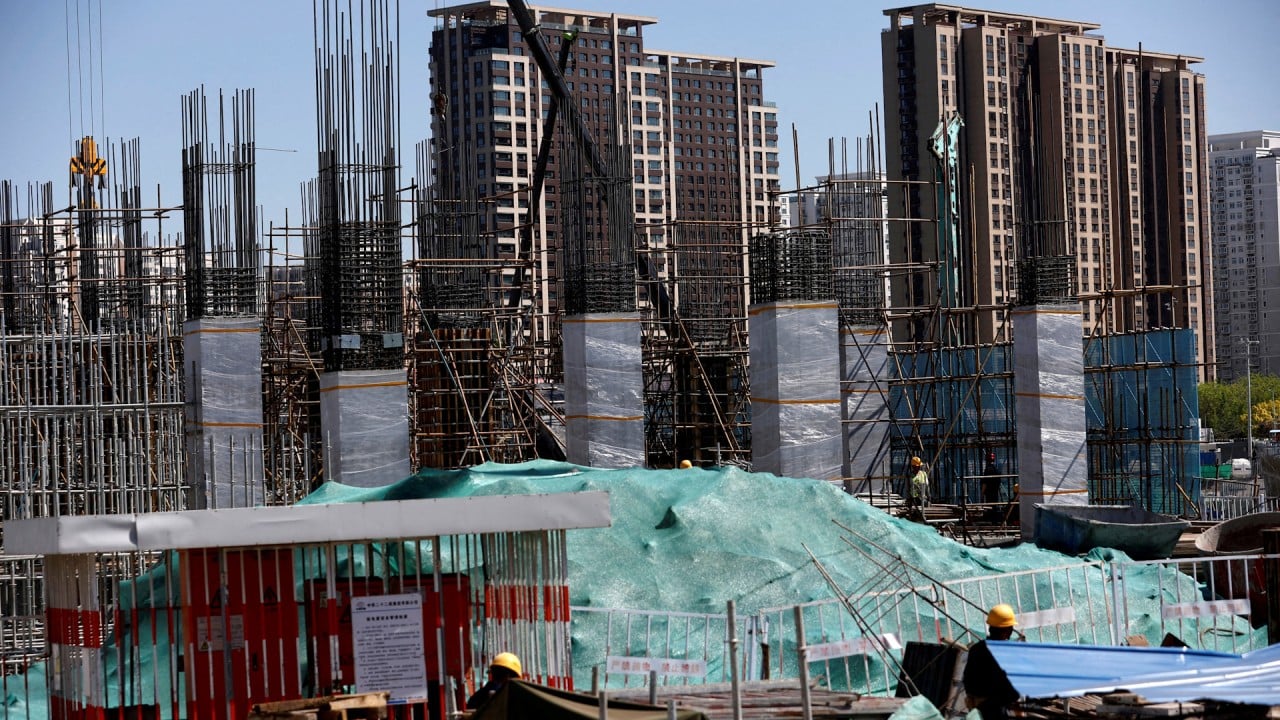On Tuesday, Greentown, which is 24.6 per cent owned by Hong Kong developer Wharf Holdings, won tenders to buy four land parcels worth 7.4 billion yuan (US$1.03 billion) in Hangzhou, the capital of East China’s Zhejiang province.
“We believe that cash-rich people remain keen to own high-quality homes,” Zhang said. “Greentown will keep its focus on top-tier cities and we will continue to build the best properties for people.”
The mainland’s property sector will report total sales of 12 trillion yuan this year, down 11 per cent from 2022, Zhang estimated.
Real estate, along with related industries such as home appliances and construction materials, accounts for about a quarter of the economy.
Lacklustre home sales in the past three years amid the Covid-19 pandemic exacerbated the debt woes of those developers.
“Greentown’s cautious stance on expansion and the popularity of its homes has played a key role in its success in dodging the property debacle nationwide,” said Yin Ran, a property investor in Shanghai. “Since a capital crunch is causing the bigger rivals to halt land purchases, it gives companies like Greentown a golden opportunity to win land in prime locations of Beijing and Shanghai.”
Over the past two years, some 50 mainland Chinese developers have defaulted about US$100 billion worth of offshore bonds, according to a JPMorgan report in December, with 39 seeking restructuring plans with creditors for US$117 billion in stressed debt.
In the first half of 2023, Greentown posted a net profit of 2.5 billion yuan, up 41.3 per cent from the same period last year. It raked in housing contract sales of 134.2 billion yuan, up 19 per cent on the year.
Beijing aims to enforce a series of policies to engineer a gradual recovery of the industry through 2025, according to a statement published by the Communist Party’s decision-making body, the Politburo, in July.
In September, Beijing rolled out a package of relief measures to bolster the beleaguered property market, giving millions of homebuyers access to cheaper mortgages and allowing them to borrow with lower upfront payments.


